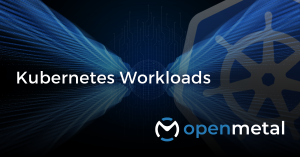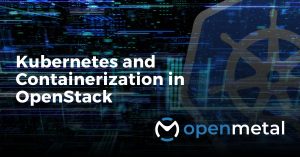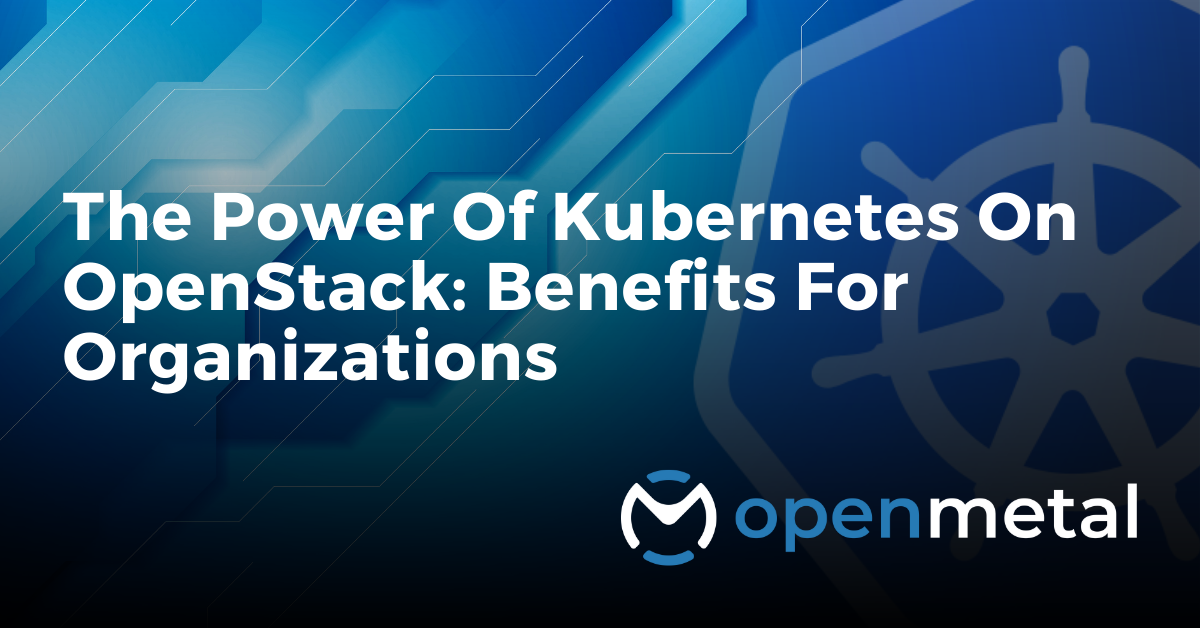What Is Kubernetes?
Kubernetes, also known as K8s, is an open-source container orchestration system. It was originally designed by Google and is now maintained by the Cloud Native Computing Foundation (CNCF).
Kubernetes is a powerful container orchestration platform. It automates the deployment, scaling, and management of containerized applications. Kubernetes enables the deployment of applications in a scalable and resilient manner, ensuring they run smoothly and efficiently.
A Kubernetes pod is the smallest deployable unit in Kubernetes. It is a logical host for one or more containers, and it provides a unique IP address and hostname for each container. Pods can group containers together, and they provide a way to manage container networking, storage, and other resources.
A Kubernetes cluster is a set of nodes (servers or virtual machines) that run containerized applications. These nodes are grouped together to form a single logical unit, and Kubernetes manages them as a single entity. A Kubernetes cluster consists of a master node and worker nodes. The master node handles managing the cluster. And the worker nodes are responsible for running the applications.
What Is Kubernetes Used For?
Kubernetes has a wide range of use cases. Let’s talk about a few of the most common ones.
Microservices
One of the most popular applications of Kubernetes is deploying microservices. Kubernetes allows developers to easily manage complex applications by breaking them down into smaller, independent services that can be deployed as containers. This enables developers to develop and test each microservice independently, making it easier to deploy and maintain the entire application.
Kubernetes also offers features such as automatic scaling and self-healing. These features make it easier to manage microservices at scale.
Cloud-Native Applications
Kubernetes is commonly used to manage cloud-native applications. Cloud-native applications are designed to run in a cloud environment and rely on cloud-based services for their operation.
Kubernetes offers a range of features such as automatic scaling, self-healing, and rolling updates. These features make Kubernetes well-suited for managing and maintaining these applications.
Kubernetes also enables developers to leverage cloud-native services and APIs. This can help to reduce costs and increase scalability.
Batch Jobs
Finally, Kubernetes can also be used for running batch jobs. Batch jobs are typically long-running processes that run in the background and are often used for data processing or scientific computing. With Kubernetes, developers can easily manage these jobs by running them as containers.
Kubernetes offers features such as scheduling and resource management. This makes it easy to run batch jobs at scale. Additionally, Kubernetes provides support for GPU-based workloads, making it ideal for running machine learning and deep learning applications.
While Kubernetes masterfully orchestrates container deployment, scaling, and management, an equally critical aspect is ensuring the security of these containers. An in-depth overview of container security dives into the complex components and challenges, such as runtime protection and vulnerability management, in containerized environments. Addressing these concerns is fundamental for maintaining robust cloud-native applications and infrastructure.
What Is OpenStack?
OpenStack is an open-source cloud computing platform that provides infrastructure services. This includes compute, storage, and networking. An OpenStack cloud is built on a collection of open-source software tools called projects. Projects interoperate with each other through Application Programming Interface (API). OpenStack is a popular choice for building both private and public clouds. It provides a range of tools and services for managing cloud resources at scale.
Why Run Kubernetes On OpenStack?
While Kubernetes and OpenStack can be used independently, using Kubernetes on OpenStack can offer several benefits for organizations:
Scalability
Kubernetes provides a scalable container orchestration platform, while OpenStack provides the infrastructure resources needed to support this scalability. With Kubernetes on OpenStack, organizations can easily provision and manage the necessary compute, storage, and networking resources to support their Kubernetes deployments.
Flexibility
Kubernetes on OpenStack offers organizations the flexibility to choose their deployment model. They can deploy their Kubernetes clusters on-premises, in the cloud, or in a hybrid environment, depending on their needs. This flexibility allows organizations to build a container orchestration platform that fits their specific requirements.
Resource Optimization
Kubernetes on OpenStack allows organizations to optimize their resource usage and reduce costs. Kubernetes can help automate resource allocation and scaling, while OpenStack provides the infrastructure resources needed to support this automation. This results in more efficient use of resources, which can reduce costs and improve performance.
Security
OpenStack provides a range of security features, including role-based access control (RBAC) and network isolation, which can help organizations secure their Kubernetes deployments. With Kubernetes on OpenStack, organizations can benefit from these security features and ensure that their container orchestration platform is secure.
Openness
Both Kubernetes and OpenStack are open-source projects, which means that organizations can benefit from the contributions of a large community of developers and users. This openness also means that organizations can avoid vendor lock-in and have more control over their deployments.
Kubernetes on OpenStack is a powerful combination that can help organizations to quickly and easily deploy, manage, and scale their applications. With Kubernetes, organizations can take advantage of the scalability and flexibility of OpenStack while also leveraging the orchestration capabilities of Kubernetes. This allows them to quickly deploy applications in a secure and reliable environment with minimal effort. Additionally, Kubernetes on OpenStack provides an easy way to manage multiple clusters across different cloud providers, allowing for greater flexibility in terms of deployment options.
How To Deploy Kubernetes On OpenStack?
OpenMetal is a leading provider of open source cloud and infrastructure-as-a-service (IaaS) solutions. With OpenMetal’s On-Demand OpenStack Cloud Cores, users can run their own Kubernetes clusters.
Not sure how to get started with Kubernetes on OpenStack? OpenMetal’s in-house expert engineers have created a collection of comprehensive guides. These guides cover the various methods of installing and configuring Kubernetes on OpenMetal’s OpenStack Cloud Cores.
Kubernetes Guides Deploy a Cloud
Conclusion: The Power Duo
Kubernetes on OpenStack can offer several benefits for organizations looking to build a scalable, flexible, and cost-effective container orchestration platform. By combining the power of Kubernetes and OpenStack, organizations can deploy their containerized applications quickly and efficiently, at scale, and across multiple environments.
To get started with Kubernetes on OpenStack, organizations need to deploy an OpenStack cloud, install and configure Kubernetes, deploy their containerized workloads, and monitor and manage their Kubernetes deployment. By following best practices, organizations can ensure a successful deployment of Kubernetes on OpenStack and reap the benefits of this powerful combination.
More from OpenMetal…

Ready to run Kubernetes Workloads on OpenStack? This page is our library of all Kubernetes Documentation, tutorials and Blogs created by our team and affiliates.
OpenMetal’s Cloud Cores support Kubernetes integration and gives users the freedom to choose their deployment and management systems…Learn More

Unleashing the Potential of Cloud-Based Applications with OpenShift.
Prefer to use OpenShift to run Kubernetes workloads on OpenStack? Explore how to streamline cloud-based application management with OpenShift. Learn more about its features and uses. Bonus OpenShift tutorial by LearnLinuxTv …Read More

Kubernetes and Containerization in OpenStack
When considering OpenStack and Kubernetes, it is important to note that they do not compete with each other, rather, they are complementary projects. OpenStack is an infrastructure software, its priority is to manage your infrastructure … Read More
Test Drive
For eligible organizations, individuals, and Open Source Partners, Private Cloud Cores are free to trial. Apply today to qualify.
Subscribe
Join our community! Subscribe to our newsletter to get the latest company news, product releases, updates from partners, and more.




































